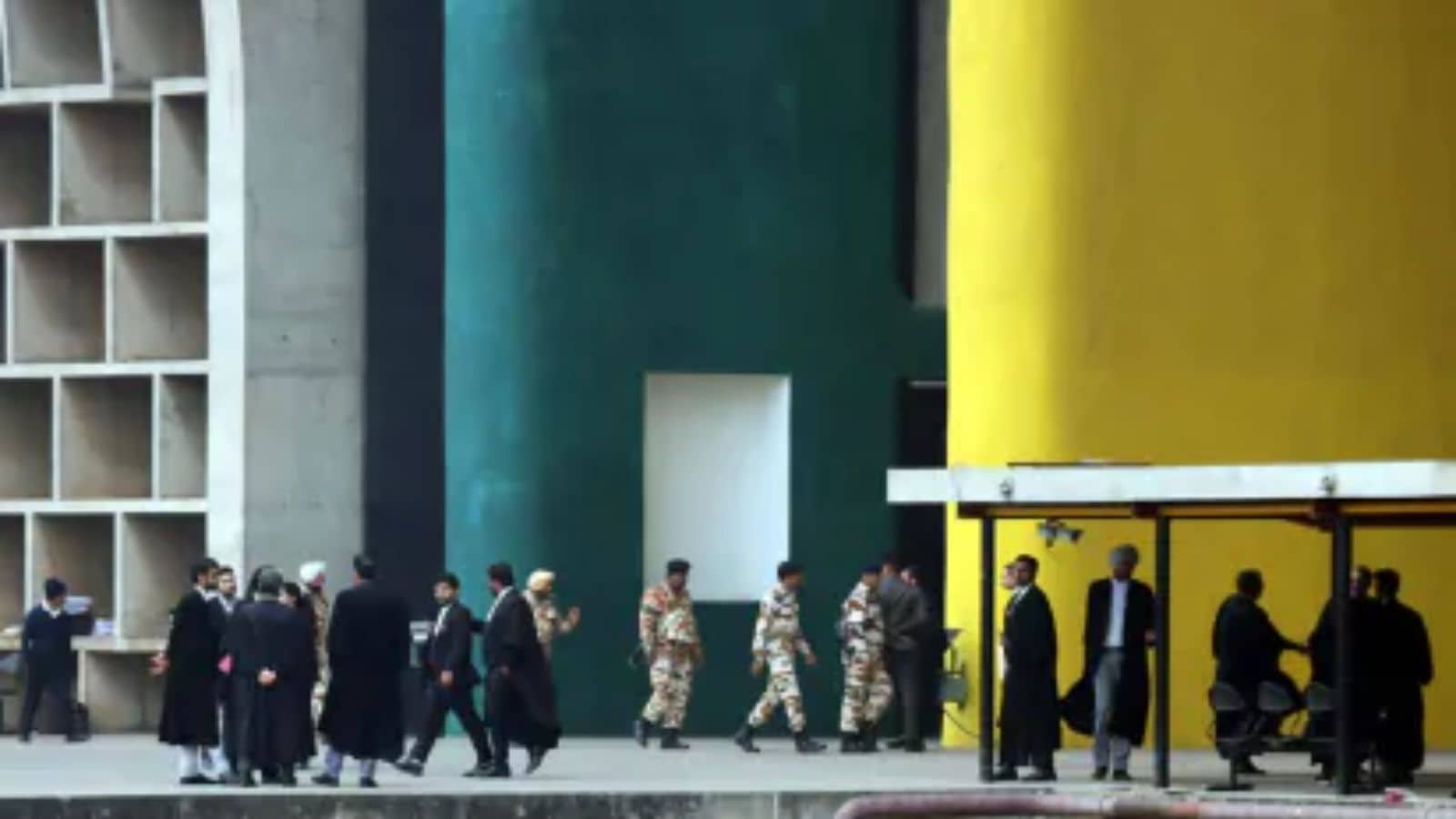The Punjab and Haryana High Court on Monday asked the Mental Health Division of the Union Ministry of Health to explain the delay in approving the draft rules framed by the two states under the Mental Healthcare Act, 2017.
Chief Justice Sheel Nagu, hearing a petition filed by Aditya Vikram Rametra, who appeared in person, sought an affidavit from the Centre assigning reasons for the pendency of the draft rules, which were submitted months ago by Punjab and Haryana for approval. Rametra’s plea sought the implementation of key provisions of the 2017 Act, including the establishment of “group homes” and the constitution of Mental Health Review Boards in every district, as mandated under the law.
“What is the central government doing?” CJ Nagu asked, and he was informed that the draft from Haryana has been awaiting approval since June, and the one from Punjab has been pending since August.
Appearing for Punjab, Additional Advocate General (AAG) Salil Sabhlok apprised the court that the state government had sent its draft regulations to the Centre in August 2025, after incorporating the amendments sought by the ministry. “The rules are pending with the central government for approval. Once they are approved, they will be notified by the state,” Sabhlok told the bench.
Petitioner Rametra told the court that despite the Act’s provisions requiring community-based rehabilitation for persons with mental illness, Chandigarh had only one halfway home and even that became functional barely a month ago. “It is tragic that there are 30 employees and just three residents,” he said, adding that ordinary families caring for intellectually disabled members were “protesting on the streets” and that several such patients had died waiting for care facilities.
Citing the state’s own affidavit, dated September 19, the petitioner pointed out that Punjab had conducted a “need assessment survey” which absurdly claimed that only 42 cured patients with mental illness were residing at the Amritsar institute, and that “no such persons existed” in any of the other 22 districts.
“It is like asking kindergarten students if they need a college. They will obviously say no,” Rametra argued, alleging that the “fraudulent” survey had been conducted hurriedly and “only to mislead the court.”
Story continues below this ad
The Chief Justice observed that if the petitioner believed that the state’s data was incorrect, he should place his material on record. “Whatever you want to say, bring it on affidavit. Not orally,” he said, directing Rametra to file a replication to Punjab’s reply.
Referring to the National Mental Health Survey, the petitioner said it showed that 10-15 per cent of Punjab’s population suffered from common mental disorders, and one per cent from severe illness, “clearly establishing the need for community-driven facilities in each district.”
Sabhlok, reading from the state’s affidavit, said the government had already decided to set up a 50-bed group home in the centre of the state “in collaboration with the Department of Social Security” and that steps were being taken in this regard.
CJ Nagu noted that the affidavit annexed minutes of a committee meeting dated August 28, 2025, which reflected that apart from Amritsar, “none of the other 22 districts of Punjab reported any mental health patients.” Observing that the figures did not appear to reflect ground reality, he asked the state to verify and clarify the data.
Story continues below this ad
The court also noted that the constitution of Mental Health Review Boards, another statutory requirement, was still pending. The Chief Justice remarked that these boards were to be constituted by the states and Union territories, not by the Centre, and sought instructions from Haryana on their status.
Directing the Union Health Ministry to explain the delay in approving the rules and asking the petitioner to place his supporting material on record, the bench fixed the matter for further hearing on December 1.
link

